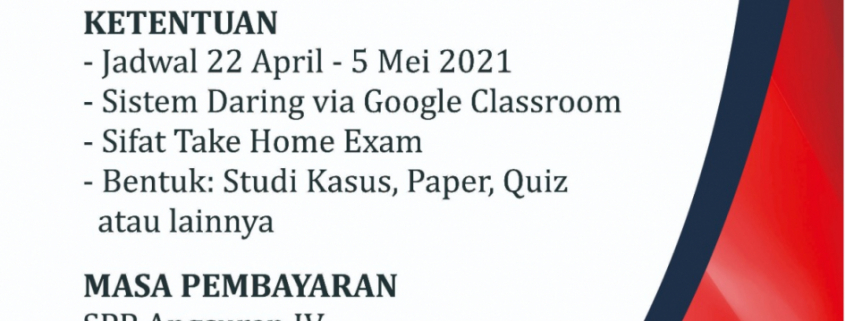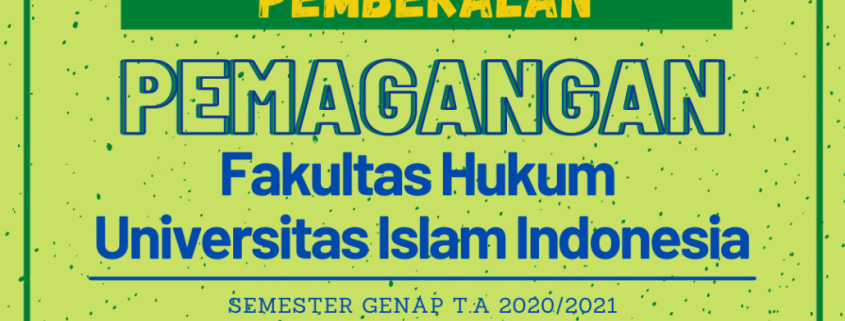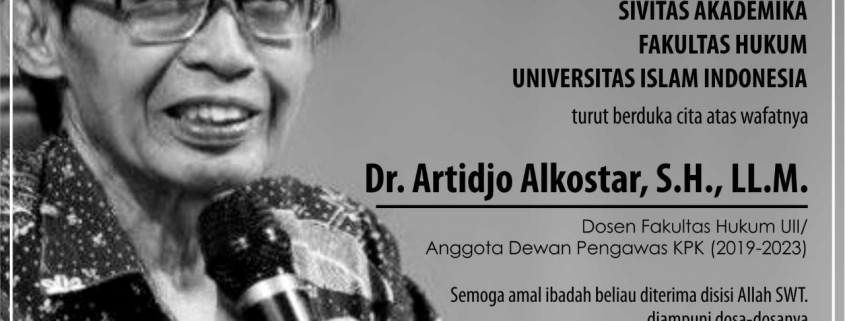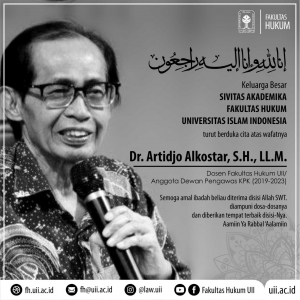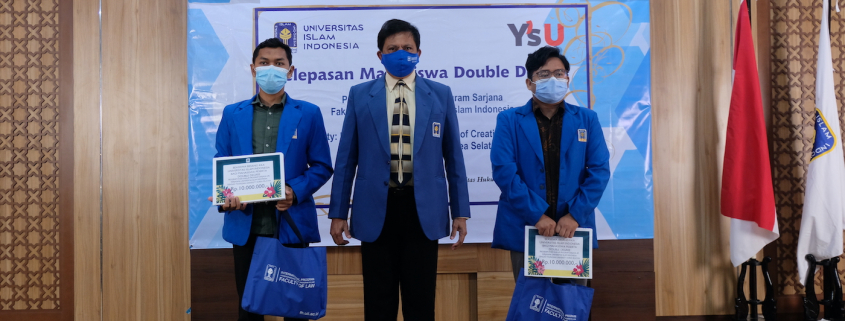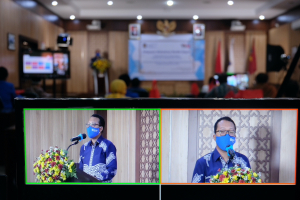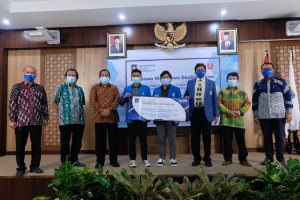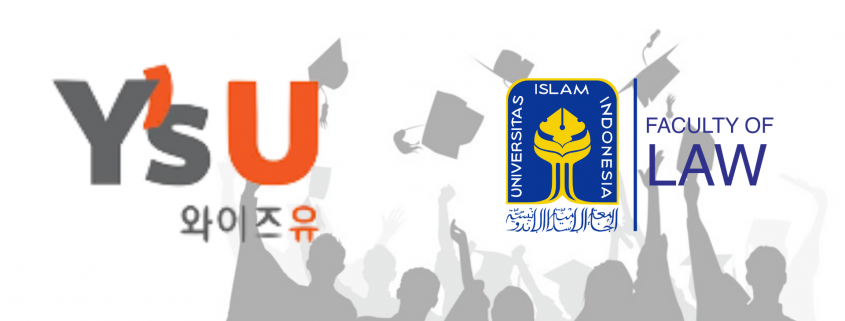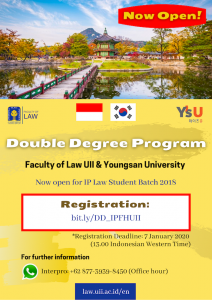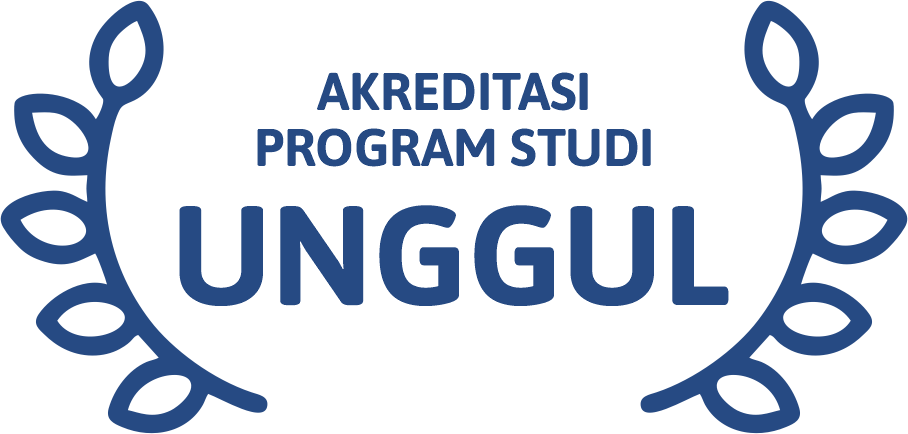Author: M. Syafi’ie, S.H., M.H.
Lecturer in Faculty of Law, Universitas Islam Indonesia, Departement of Constitutional Law
Warga perantauan mengalami keresahan saat ini. Waktu yang dhabiskan untuk bekerja dan berharap mudik saat liburan terhalang kebijakan pemerintah yang mengeluarkan Addendum Surat Edaran No.13 Tahun 2021 Tentang Peniadaan Mudik Hari Raya Idul Fitri Tahun 1442 Hijriah. Surat Edaran ini mengatur pengetatan persyaratan pelaku perjalanan dalam negeri selama H-14 peniadaan mudik (22 April – 5 Mei 2021) dan H+7 peniadaan mudik (18-24 Mei 2021), sedangkan peniadaan mudik akan berlangsung pada 6-17 Mei 2021.
Kebijakan pengetatan dan peniadaan mudik memunculkan kritik dari berbagai kalangan, utamanya dari para pekerja moda transportasi dan warga yang berharap mudik setelah sekian lama tidak balik kampung halaman. Salah satu pernyataan yang muncul, bukankah mudik adalah hak setiap warga yang keberadaannya dijamin hukum HAM? Sebagian akademisi menyebut larangan mudik adalah pelanggaran HAM, dan sebagian yang lain menyatakan tidak.
Secara hukum, mudik dapat dikatagorikan sebagai hak untuk bebas bergerak dan berpindah dalam satu wilayah negara. Pada Pasal 27 ayat (1) UU No. 39 Tahun 1999 tentang HAM dinyatakan bahwa setiap warga negara Indonesia berhak untuk secara bebas bergerak, berpindah, dan bertempat tinggal dalam dalam wilayah Republik Indonesia. Pada Pasal 12 ayat (1) Kovenan Internasional Hak Sipil dan Politik dinyatakan bahwa setiap orang yang secara sah berada dalam wilayah suatu Negara, berhak atas kebebasan bergerak dan kebebasan untuk memilih tempat tinggalnya dalam wilayah tersebut.
Aturan di atas secara tidak langsung menyatakan bahwa mudik merupakan hak yang djamin oleh hukum yang levelnya Undang-Undang, dan kovenan sendiri levelnya adalah International Bill of Human Righ karena tingkat universalitas haknya yang sangat tinggi. Dalam General Comment terkait ketentuan ini dinyatakan bahwa kebebasan untuk bergerak merupakan kondisi yang tidak terlepaskan dari pengembangan pribadi seseorang. Kebebasan bergerak berhubungan dengan hak-hak yang lain.
Namun demikian, hak kebebasan bergerak dan berpindah tempat merupakan hak yang bisa dikurangi (derogable rights) dalam situasi darurat, dan bisa dibatasi (limitasi) di masa tenang dan damai. Dasar hukum pembatasan tercantum pada Pasal 29 DUHAM, Pasal 28J UUD 1945, Pasal 12 ayat (3) Kovenan Hak Sipil dan Politik, dan Pasal 70 UU No. 39 Tahun 1999 tentang HAM. Beberapa Pasal tersebut mengatur pembatasan hak dengan syarat-syarat yang sangat ketat.
Dalam intrumen hukum HAM, terdapat 3 (tiga) syarat yang harus dipastikan untuk legitimasi satu tindakan pembatasan yang dperbolehkan (permissible restriction). Ketiga syarat ini dikenal three part test (tiga uji elemen), pertama, setiap pembatasan hak harus diatur oleh hukum (prescribed by law). Para ahli menyatakan bahwa hukum disini ialah undang-undang atau putusan pengadilan. Kedua, pembatasan dilakukan dengan alasan yang sah (legitimate aim), yaitu alasan ketertiban umum, kesehatan masyarakat, moral publik, keamanan nasional, keselamatan publik, hak kebebasan orang lain/reputasi orang lain. Ketiga, pembatasan dperlukan dalam masyarakat demokratis (necessary in a democratic society) dan dilakukan secara proporsional (proportionality).
Larangan mudik dengan demikian sebenarnya adalah pembatasan hak dan mengambil hak warga, tetapi dapat dibenarkan hukum dengan pertimbangan kesehatan masyarakat. Kritik fundamen Addendum Surat Edaran No. 13 Tahun 2021 lebih pada pembatasan hak mudik yang hanya diatur pada setingkat Surat Edaran, padahal hak yang dibatasi dijamin dalam Undang-Undang, dan pembatasan hak oleh hukum haruslah setingkat Undang-Undang dan atau putusan pengadilan.
Pembatasan hak mudik juga cenderung tidak proporsional karena tidak berimbang dan wajar, salah satu contoh yang kerap dikeluhkan warga ialah mengapa mudik dilarang, tetapi tempat wisata dan tempat-tempat perbelanjaan tetap dibolehkan untuk dikunjungi, padahal keduanya sama-sama akan membuka rantai penyebaran Covid-19. Oleh karena itu, sudah selayaknya pemerintah memperbaiki kebijakakan aturan larangan mudik ini serta mencari jalan keluar penanganan covid-19 yang lebih holistik dan proporsional.
This article have been publishe in Kedaulatan Rakyat Newspaper, 5 May 2021.


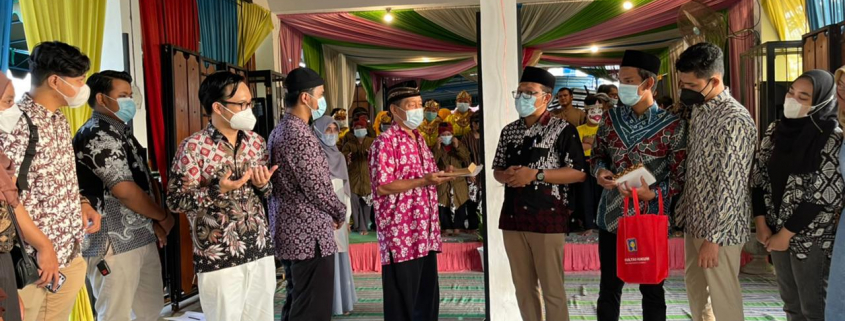
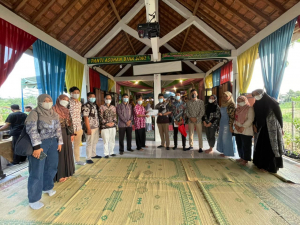 At the handover ceremony, the Secretary of the FH UII International Program, who was also the Supervisor of the SAIL UKM, Dodik Setiawan Nur Heriyanto, SH. MH. LL.M., Ph.D. asked by the board of the Bina Siwi Orphanage to give greetings and motivation to the foster children. In his speech, Dodik Setiawan said that since childhood he also had special needs, that his left ear could not hear. But with the motivation from teachers and his parents, he was able to achieve achievements in Europe by getting the summa cum laude predicate in the doctoral program from the University of Debrecen, Hungary. Based on his inspiring story, he advised the foster children and students to continue their enthusiasm for learning even in the midst of a pandemic time.
At the handover ceremony, the Secretary of the FH UII International Program, who was also the Supervisor of the SAIL UKM, Dodik Setiawan Nur Heriyanto, SH. MH. LL.M., Ph.D. asked by the board of the Bina Siwi Orphanage to give greetings and motivation to the foster children. In his speech, Dodik Setiawan said that since childhood he also had special needs, that his left ear could not hear. But with the motivation from teachers and his parents, he was able to achieve achievements in Europe by getting the summa cum laude predicate in the doctoral program from the University of Debrecen, Hungary. Based on his inspiring story, he advised the foster children and students to continue their enthusiasm for learning even in the midst of a pandemic time.

